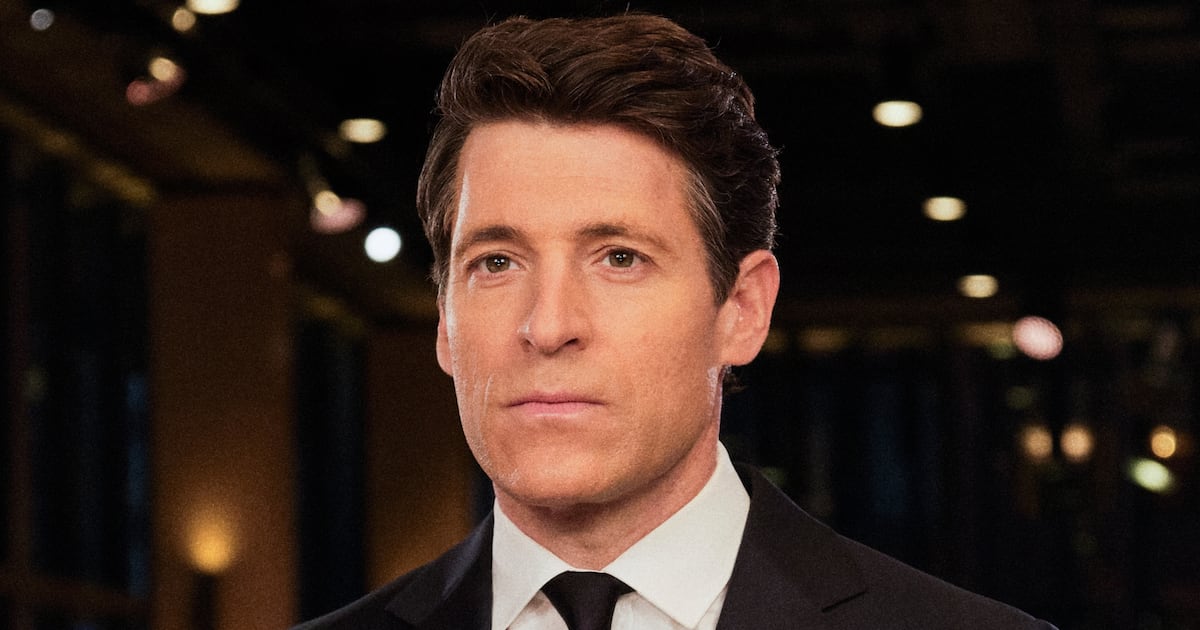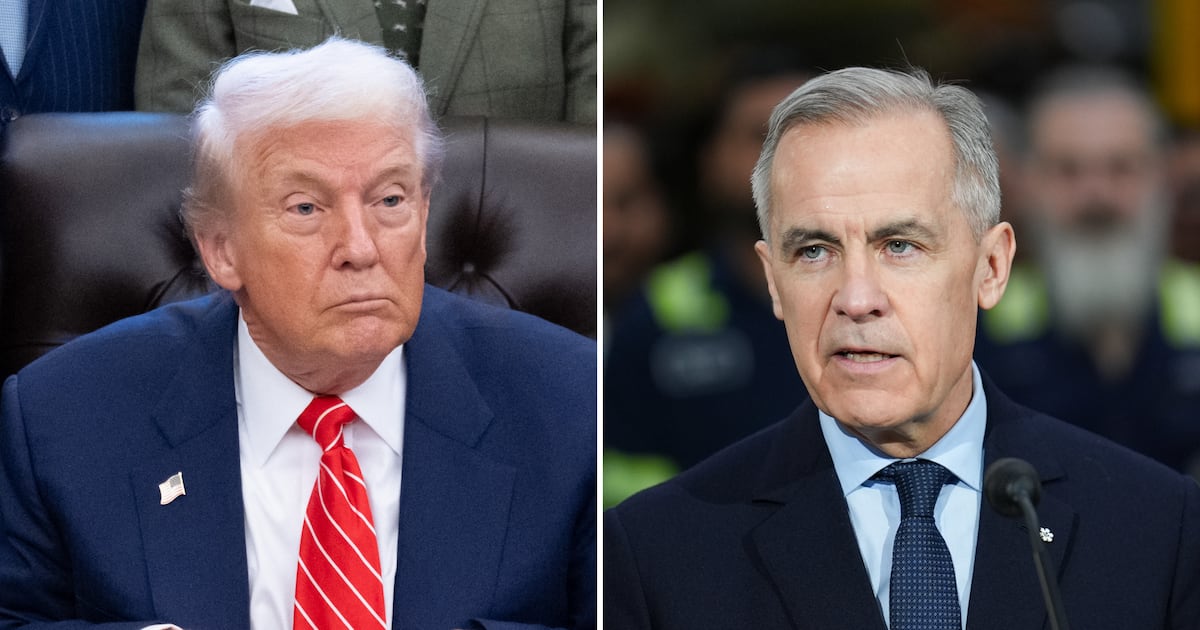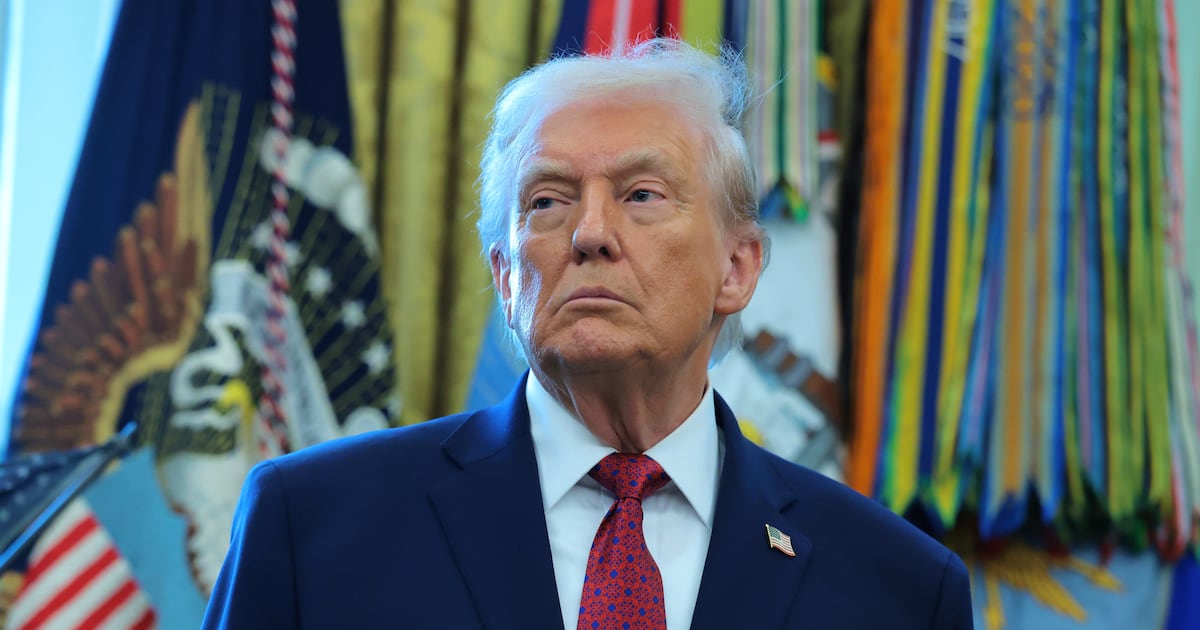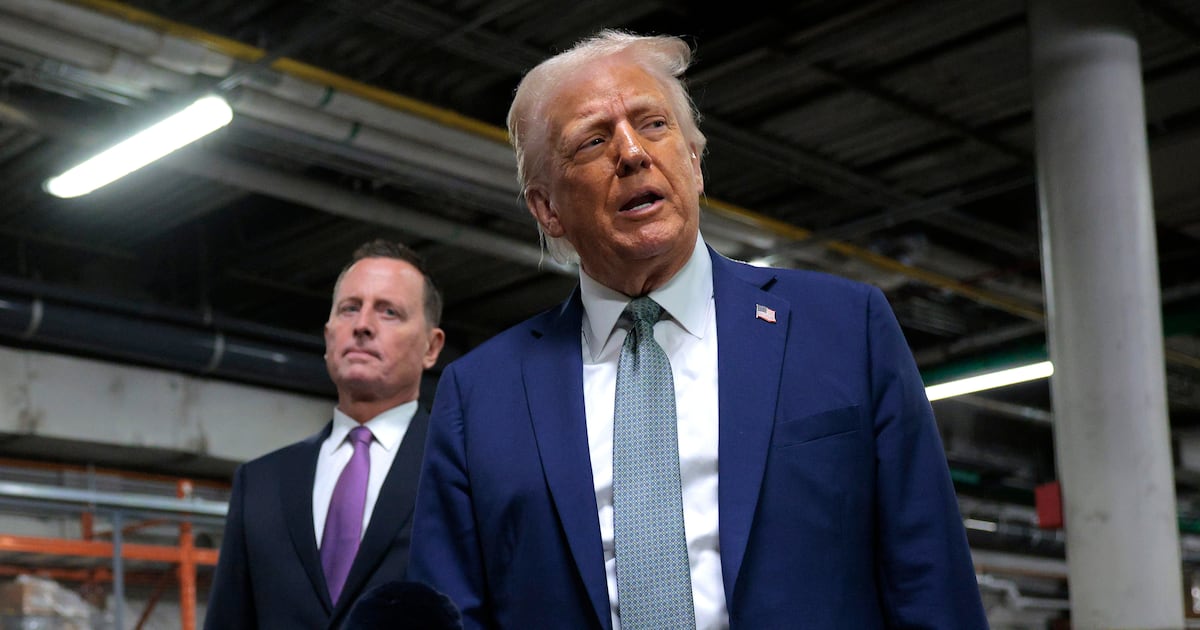Arguably the most important domestic act of Donald Trump’s presidency—shifting the Supreme Court to the right—is being carried out in an unprecedented and, if the standards of the legal profession were being applied, unethical way.
That’s because the release of the records of Judge Brett Kavanaugh, Trump’s conservative pick to replace the centrist justice Anthony Kennedy, is being overseen by Kavanaugh’s own former deputy at the Bush White House, William Burck, now working as an attorney for the former president.
That is, in itself, an obvious conflict of interest. First, Burck’s client is President Bush, and his job is to represent his interests, not those of the United States. Second, Burck had a longstanding professional relationship with Kavanaugh. And Burck himself is surely mentioned in many of the documents he is now reviewing. One needn’t impute sinister motives to see how this is problematic.
So why is it happening? There are two proffered reasons. The first is that Burck’s team is making sure that nothing violates Bush’s executive privilege. The second is that the National Archives, normally the agency in charge of releasing such records, is backlogged and wouldn’t be able to finish until the end of October.
Neither of those explains why a Bush insider with a direct interest in the contents of these documents (whose other clients include Steve Bannon and White House counsel Don McGahn) is supervising their redaction and release.
Nor does is justify the haste with which congressional Republicans seem keen on pushing through this nominee. If it takes the National Archives until October to release everything, then so be it. Or, do what agencies always do when emergency work arises: hire more staff. It’s not rocket science.
What’s really going on, of course, is that Republicans want to fast-track Kavanaugh’s confirmation. Apart from a defection by a Republican senator, the only hiccup that could happen is if the vote slipped until after the election, at which point Democrats could argue that a lame duck Senate shouldn’t be voting on a nominee who seems likely to be issuing rulings for the next 30 years. Democrats would argue that the process should get pushed to 2019, when there could be a Democratic Senate to finally extract revenge for the stonewalling of Judge Merrick Garland.
So it’s easy to understand the sense of urgency on the part of Judiciary Committee Chair Chuck Grassley.
The Iowa Republican, like his GOP colleagues, has insisted that they’re going along at a pace comparable to (or even better than) previous Court nominees. And they’ve stressed that Kavanaugh’s process has been even more transparent than those of the past. As proof, Grassley held a press conference on Aug. 2 with a poster showing the mountain of documents rising higher than Big Ben and the Statue of Liberty.
But judging a nomination process simply by the number of days lapsed is a silly metric, especially in cases where the nominee’s record requires more time for vetting. And measuring transparency based on the number of papers released is equally pointless, especially in cases where what’s not in the documents is far more significant than what’s in them.
On Sunday, for example, the Senate Judiciary Committee released over 87,000 pages of emails and other documents, part of 125,035 pages of material that Burck’s team provided to the committee. Those documents cover such profound subjects as office supplies (“Apparently the supply office is out [sic] 3” 3-ring binders,” Kavanaugh was informed on January 30, 2001) and fax numbers (scoop: “my FAX is 456-5104” Kavanaugh said on March 1, 2002). Approximately 40,000 of the pages appear to be emails from Ginni Thomas (wife of Supreme Court Justice Clarence Thomas) promoting events at the Heritage Foundation.
But there’s nothing in those documents about the most important, and controversial, issues that Kavanaugh faced when he served in Bush’s White House Counsel office from 2001 to 2006.
There’s nothing in them about “extraordinary rendition” i.e., torture, which is almost certainly a war crime but which Kavanaugh’s boss, then-White House counsel Albert Gonzales, defended in a controversial 2002 memo.
There’s nothing about the 2006 firing of seven U.S. attorneys, said to have been for political reasons, despite the fact that the scandal led to the resignation of Gonzales, then attorney general.
Nor does the name “Valerie Plame” appear in any of the 87,895 pages, despite the fact that Bush administration officials’ blew the cover of the former undercover CIA agent, leading to Plame’s resignation. (Plame’s married name, Valerie Wilson, is also not mentioned in the new trove of documents either.)
While Kavanaugh’s qualifications and temperament may be unimpeachable (as were Garland’s), his record in the Bush White House will offer an actual understanding of his professional background. For Democrats, it will offer their best hope—perhaps second to Kavanaugh’s under-reported statements on Roe v. Wade—of blocking his confirmation.
Take the question of the Gonzales torture memo. In his 2006 confirmation, Judge Kavanaugh said he was “not involved” in its creation, but Senator Dick Durbin (D-IL), who asked him about it in 2006, said in July that “what he told us under oath is not accurate.” At the very least, The Washington Post has reported that Kavanaugh was asked in 2002 how Bush’s policies on detainees would be evaluated by his former employer, Justice Anthony Kennedy.
The memo itself is infamous; the denials may be scandalous. But with Kavanaugh’s right-hand man selecting which documents the Judiciary Committee—and the public—will see, we may never know what they say about this crucial issue. The same is true for numerous other controversial Bush White House decisions, including:
- The use (or misuse) of military intelligence in the run-up to the Iraq War.
- The Bush administration’s warrantless wiretapping program, which ran from from 2001-2006, while Kavanaugh worked in the Bush White House
- The CIA’s 2005 destruction of videotapes of detainee interrogations
- Potential conflicts of interest in awarding huge Iraq-War-era contracts to Halliburton, formerly led by Vice President Dick Cheney, which subsequently defrauded the government out of hundreds of millions of dollars.
- President Bush’s inadequate responses to Hurricane Katrina
- The Jack Abramoff scandal of 2005, which took down not only powerful GOP lobbyists Abramoff and Michael Scanlon, but several Bush administration officials as well.
- The Bush administration’s secret payments to conservative radio host (now Sinclair TV personality) Armstrong Williams to promote the “No Child Left Behind” plan.
Unlike three-ring binders and fax numbers, these and other issues remain relevant today, and will certainly be raised in Democrats’ questioning of Judge Kavanaugh. If history is any guide, Kavanaugh will not have any recollection of being involved in these controversies. And if the current, conflict-laden process continues, there may be no paper trail with which to jog his memory.






